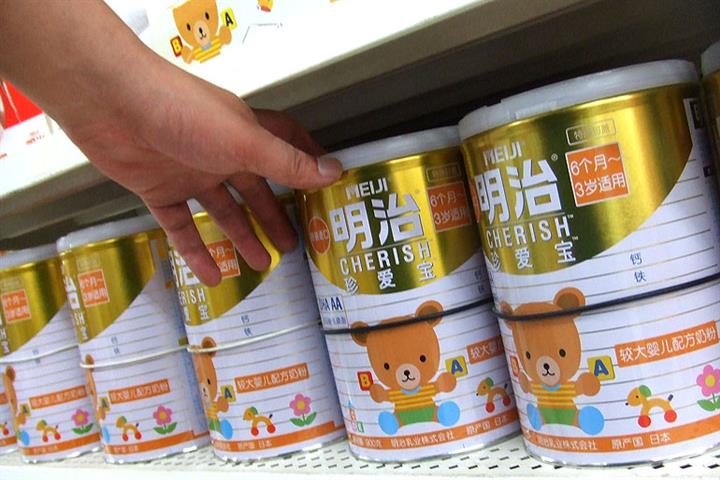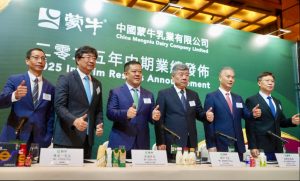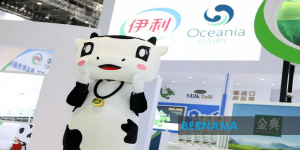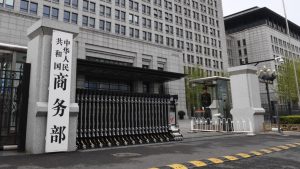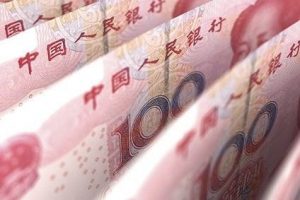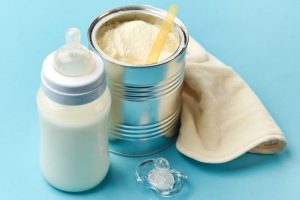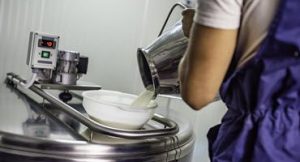
Chinese consumers have become more health conscious in the wake of the coronavirus pandemic, stoking demand for dairy products, said Jun Okajima, general manager of Meiji Dairies Suzhou.
Although sales of Meiji’s milk products are growing rapidly in China, the company sees more development opportunities in the yogurt sector, Okajima said.
Meiji is making sustained efforts in China. It invested CNY145 million (USD22.1 million) to expand its Suzhou factory in 2019. The company also announced the construction of a new plant in southern China last July and set up its first factory in northern Tianjin in September 2019.
To address the milk supply issue, Meiji bought a 25 percent stake in AustAsia Investment Holdings for USD254 million last year. AustAsia owns seven farms, each with over 10,000 cows, in the east and north of the country, similar to Meiji’s plants.
At the end of 2020, Meiji also unveiled a CNY650 million capital increase in its Shanghai subsidiary to further expand its ice cream business.
Big Boost
The capacity increase has been made in response to Chinese demand far outpacing Meiji’s production ability, Okajima said.
Meiji China is also under pressure to expand its overseas markets. Meiji Group, its parent company, aims to increase overseas revenue from 5 percent to 10 percent of its total by 2026. China is indispensable in achieving that.
Okajima said Meiji does not seek to compete directly with China’s industry giants in homogeneous products, but would rather replicate its Japanese model by introducing products that have been well established in Japan for many years.
“China’s dairy industry is very competitive,” Okajima said. “There are many Chinese manufacturers that are more well-known and have a higher market share.”
It also wants to differentiate itself from rivals by improving the functionality of or interest in the company’s products, he added.
“We hope to open up a new market by cultivating consumers’ understanding of lactic acid bacteria,” Okajima said. “So we have chosen a different marketing strategy from the giants to compete with them.”
